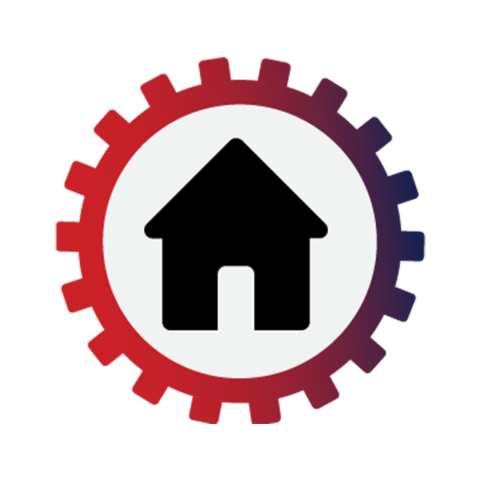Local Civic Health
A Guide to Building Community and Bridging Divides
In the same way that doctors conduct an annual check-up to assess our health, we can collect information to assess the civic health of our communities. Civic health includes factors such as how much people trust each other, show up at public meetings, get involved, vote, and help neighbors. The Carsey School has designed a guide to help people at the local level collect data to better understand what factors bring people together or push them apart.
Our Hopes for Civic Health
We all want to live in a place we feel good about. None of us enjoy going to a public meeting filled with yelling and angry disagreement. In times of crisis, we want our neighbors to help each other navigate the hard times.
Civic Health information is helpful in supporting communities and democracy at the local level. If we understand the civic health of a community, we can reduce polarization and encourage trust, resiliency, and connection. We have created a guide that gives communities different tools and resources to help assess local civic health and strengthen it.
Explore Each Section
Resources
Members of New Hampshire Listens joined PBS to weigh in on our new toolkit that helps Granite Staters stay engaged in their communities.









